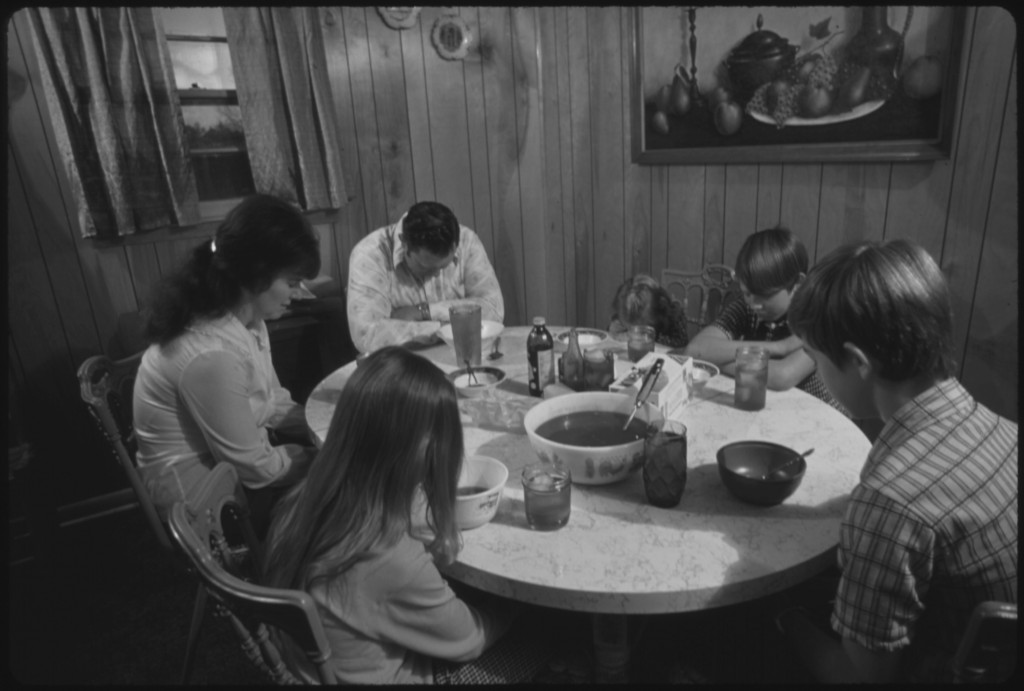Knowing What’s Real
My daughter was making a fruit pizza for a party she was attending. She even generously volunteered to make an extra one for us to eat. I love homemade snacks that I don’t have to make!
She went to the store and bought the ingredients and then came home to get to work. As I came into the kitchen she was looking at a jar of strawberry glaze she had purchased to spread on top of the pizzas. On the front were the words “Naturally Fresh”. The pleasant label caused us both to assume that the glaze was full of natural ingredients.
“Do you think this will be any good?” She wondered as she opened the jar, took a bit on a spoon, and tasted it.
She then handed me the spoon, “here, you taste it.”
 Ugh. It was the most fake and disgusting” strawberry” flavor I have EVER tasted. It was just awful.
Ugh. It was the most fake and disgusting” strawberry” flavor I have EVER tasted. It was just awful.
I picked up the jar and looked at the ingredient list. I immediately understood why it tasted so terrible. There was less than 2% of “natural and artificial flavors.” Instead of good and fresh ingredients, this red and sticky substance was made out of of high-fructose corn syrup, food starch, man-made chemicals and, of course, red dye.
That certainly was a good lesson in reading ingredients for both of us.
And it made me think of how often we Christians do this same thing with books and media, too. We will see the word “God” or “Christian” on the cover and naively purchase it. But instead of studying the contents, we just eat it right up, never even stopping to investigate if it is biblically correct.
As I walked through a Christian bookstore the other week, I was amazed at the number of books that had covers alluding to Christianity while containing themes that were completely unbiblical. With just a little investigating, I saw some that were just shallow and sugary and all about self. A select few were so philosophically off as to be very dangerous. And many were just self-help books couched in “Christianese”– very full of man’s wisdom, with little, if any, of God’s.
And then yesterday, I was listening to a Christian song on the radio. The voice singing was lovely and the tune was catchy but as I listened to the words, I realized that the message was completely unbiblical. This happens frequently. Christian music is often written by artists that care nothing for theology, and their lyrics show this clearly.
Now we can eat this stuff and it won’t kill us. But, just as that strawberry glaze is not good for our body’s system, so these unbiblical books and other things claiming to be Christian are not good for our spiritual system. We need to fill our bodies and our minds with healthy food. Only by studying God’s Word can we develop that proper grid for what is true and right.
We have a responsibility to bring good, healthy food into our homes and feed it to our families. But even greater than this responsibility is the one to bring good, healthy spiritual food into our homes. We should always stand guard against the fake. We need to keep our eyes open for the stuff that looks real, but isn’t real at all.
Let’s pay attention. We have to pay attention. We cannot let down our guard.
Oh, and on a side note, the fruit pizza was delicious without any glaze at all!











